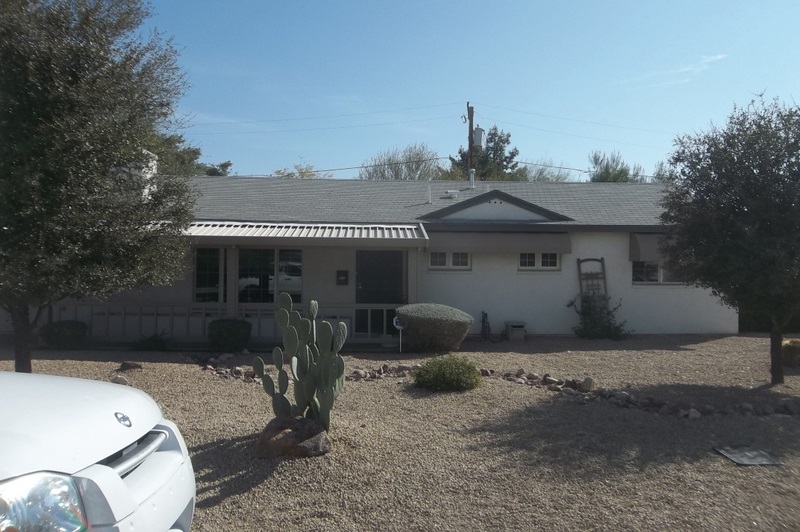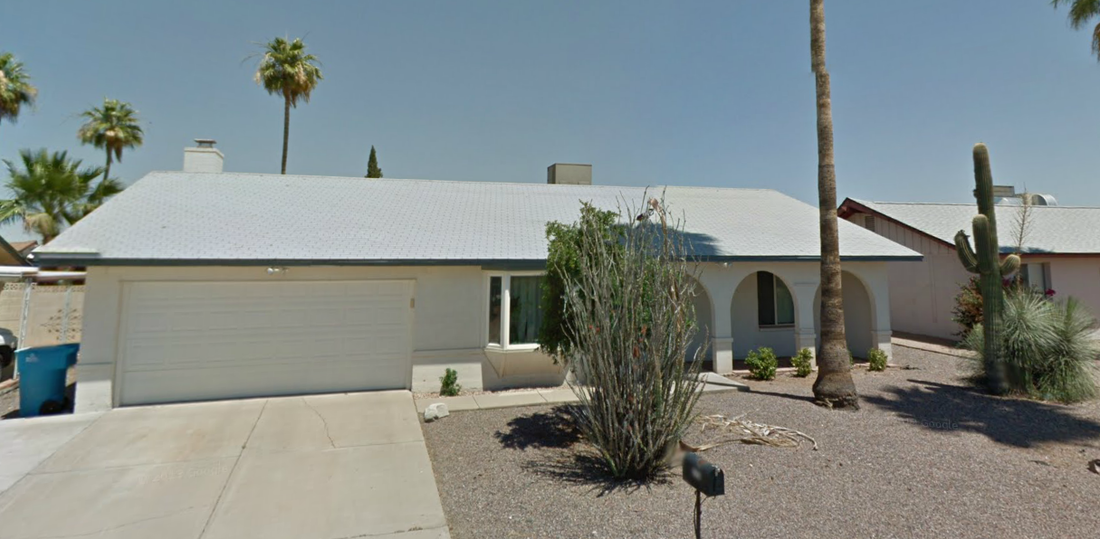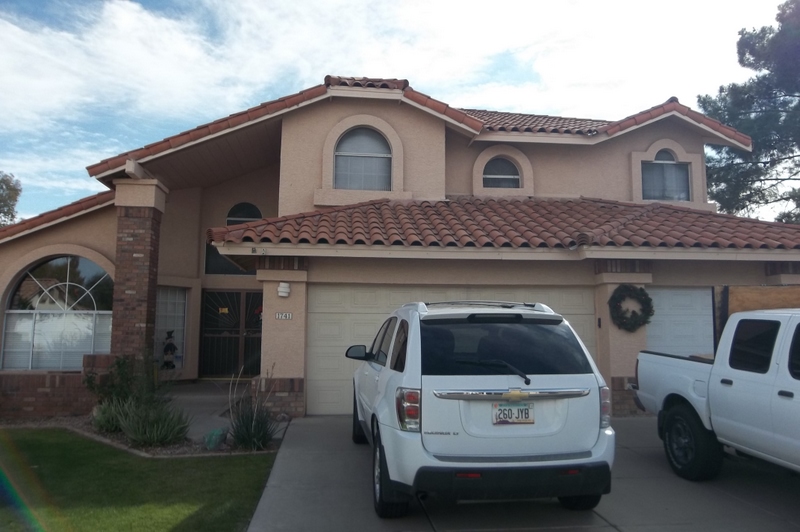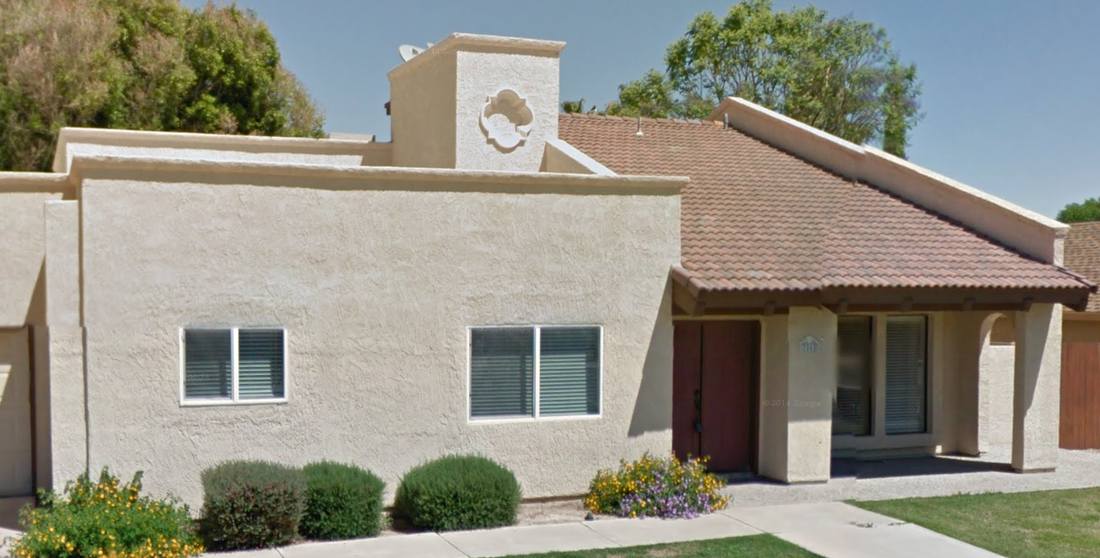|
I don’t mean to come across as being too blunt, and in fact there are many subjects like ductwork design and installation that I am much more passionate about and should raise arms about the one industry that did it all wrong for years without oversight… but I don’t know how to say it any other way. For homeowners that are doing everything they can to reduce their energy bills, I often get questioned during home energy audits or installations, “what do you think about tankless water heaters?”
There are some considerations you need to weigh. First of all, gas water heaters don’t cost very much to begin with, and switching one out to an electric water heater will actually cost you more money each year to run. However, a good reason to switch from a gas to electric water heater would be if you have a dryer in the same room, your water heater is inside your house, or for other health and safety reasons to keep carbon monoxide out or prevent it from back drafting down your flue. However, you can expect to see savings using a gas tankless water heater, but even just the initial installation is costly, ranging in the $2000’s. Also, one thing I would definitely have checked after the installation of a tankless water heater is for gas leaks. On homes, 9 out of 10 gas tankless water heaters we have checked during our SRP energy audits, we have found gas leaks. I don’t think this is coincidence, so please have this checked. Electric water heater users are in luck, they have tanks that at a federal minimum energy factor of 0.90, which is a very high rating (gas water heaters have efficiency factors of 0.59 for standard water heater tanks and 0.95 for tankless water heaters). Because of the low energy loss (the heating element is surrounded by the water it heats), electric water heater efficiencies can’t get much better with electric tankless water heaters (0.89 - 0.99 efficiency factor). Surprisingly, electric water heaters use a lot of energy when they are on, so much in fact, that you may not save much money at all. The whole idea of a tankless water heater is to only turn on when you need the water, or on-demand. Manufacturer’s claim for electric tankless water heaters savings between 20% - 50% annual reduce in water heating costs. Gas tankless water heaters are in at 20%-25% annual reduction in water heating costs. In an Energy Star Report, it is humorous that they noted the same savings can be achieved by simply wrapping a water heater blanket around the tank and turning down the temperature setpoint. When electric tankless water heaters are recommended Wait, didn’t I just say electric tankless water heaters are a bad idea? Well, there are some cases when it would be acceptable to install one, such as for additions or fixtures very far away from the main water heater. Or in vacation homes with standby energy loss can kill your energy bills. I once did an energy audit for a cabin on Strawberry Hill in Strawberry, AZ, and each cabin had a small electric water heater for each unit. Standby energy loss accounts for up to 20% of water heating costs whether water is drawn from it or not. If they replaced each of their water heaters with tankless water heaters, it could add up to significant savings. References: http://www.energystar.gov/ia/partners/prod_development/new_specs/downloads/water_heaters/ElectricTanklessCompetitiveAssessment.pdf Consumer Report Review http://www.consumerreports.org/cro/appliances/heating-cooling-and-air/water-heaters/tankless-water-heaters/overview/tankless-water-heaters-ov.htm
5 Comments
Though I would definitely call myself a pro-tankless, I cannot but agree with some of your points, especially about the blanket. It is true that there are much more affordable upgrades than getting a tankless and that’s something people need to consider if their primary concern is to reduce bills. Not keeping a tank under your feet has other advantages like space and location and the increased efficiency should really be a bonus in my opininon.
Reply
5/31/2022 04:51:28 am
I agree. Tankless water heaters, also known as on-demand or instant water heaters, have many advantages over traditional tank-style water heaters and can be an excellent long-term investment.
Reply
9/1/2022 04:58:46 am
Cost, convenience and efficiency are some of the advantages of gas for heating your home’s water. In addition to being cheaper than electricity, a natural gas supply is more reliable. In the event of a power outage, your gas supply isn’t affected. What’s more, when a water tank runs out of hot water, a gas heater heats up a fresh tank of water faster than an electric heater.
Reply
We all use water heaters in our daily routines for things like showering and washing up. And because we use them so often it is important that we make sure we invest in water heater maintenance on a regular basis in our homes. It is common for water heaters to wear out or breakdown and monitoring this is an important task.
Reply
Your comment will be posted after it is approved.
Leave a Reply. |
Sign Up For Your Home Energy AuditFIND YOUR HOME TYPERanch HomesSingle Story, Spec HomesTwo Story, Spec HomesTri-Level HomesPre-1990 Custom HomePost-1990 Custom HomeDon't See Your Home? Find Your City Below!Archives
April 2024
Copyright Notice©2009 – 2023
All Rights Reserved |













